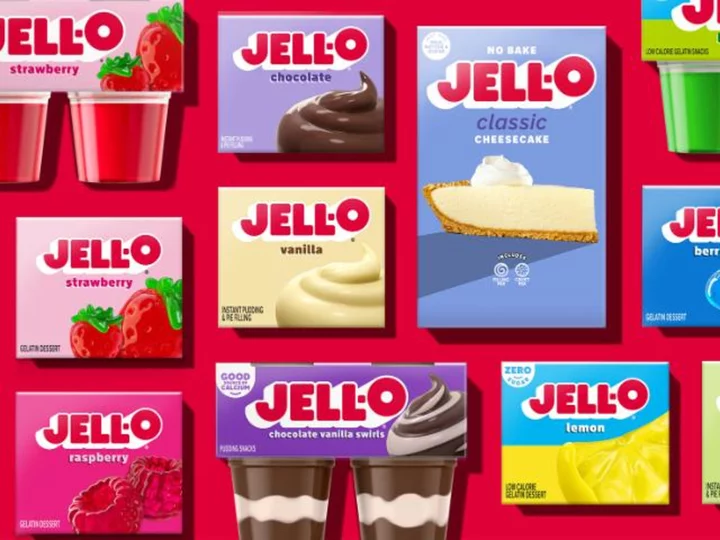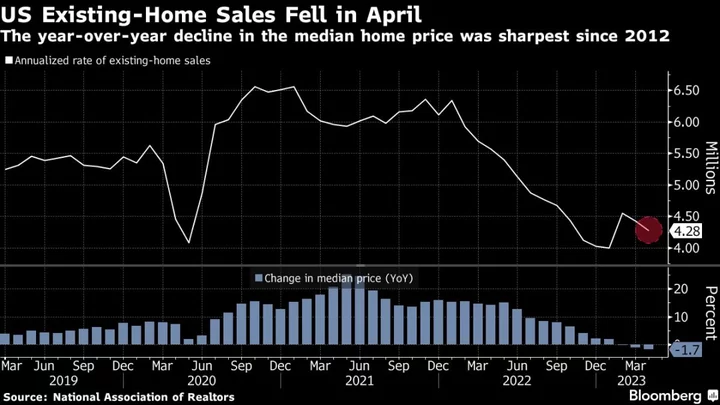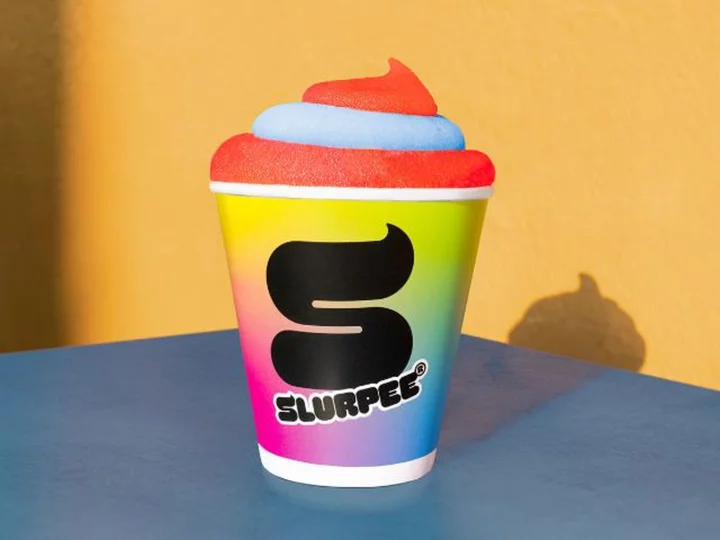Jell-O is saying hello to a makeover.
The jiggly snack's logo and packaging are getting a whole new look, their first in a decade, as owner Kraft Heinz looks to revitalize the dowdy brand. Customers will soon see a bigger logo displayed on more colorful packaging and a stronger emphasis on its "zero sugar" appeal for some of its treats.
The refreshed look "still honors the brand's legacy but brings Jell-O into a vibrant future with a modern aesthetic that stays true to its playful and colorful roots," a press release said.
Shoppers will start seeing the new packaging this month with the redesign appearing on all of its products, including gelatin (boxed and refrigerated) and pudding. Product recipes aren't changing.
Jell-O describes the new logo as "loud, proud and simple" while remaining recognizable for fans of the 126-year-old brand. The "O" in the Jell-O logo is getting a bolder look because it's an "ownable, playful aspect" of the brand.
"The new fruit and pudding imagery unleashes imaginations by shifting away from literal depictions of the product to re-imagining how the flavors can come to life in a playful, sensorial way, transporting customers into the Jell-O world of jiggly goodness," according to the release.
Jell-O's packaging has more of an emphasis on fun, observed Neil Saunders, retail analyst and managing director at GlobalData Retail. "The design will be more appealing to younger consumers as it feels more contemporary and modern," he told CNN.
It's also taking a branding cue from sodas and tweaking its language from "sugar free" to "zero sugar."
Saunders said that Jell-O can't compete with people looking for "natural and healthy" snacks because of its artificial-looking colors, but its "renewed focus on the 'zero sugar' products in its range is interesting as it suggests it is trying to resonate more with the growing number of people who are concerned about their sugar intake."
Jell-O's decline
A makeover could help with its appeal, since it's a brand that's decades past its prime.
After all, it's commonly associated with patients eating it in hospitals or disgraced comedian Bill Cosby, who was the face of the brand for 30 years. And, Jell-O molds and now-defunct flavors like Italian salad and mixed vegetables are in recipe books for "nauseating" foods.
"Jell-O is kind of associated nowadays in our culture with illness and frailty and vulnerability. So it certainly doesn't have the fun associations that it did when I was growing up," Rachel Herz, a neuroscientist and the author of "Why You Eat What You Eat," previously told CNN.
It's a stark contrast for what used to be America's favorite dessert. The food once gave middle-class consumers access to a luxurious food that had only been accessible to the wealthy. The adaptable and versatile treat was once eaten by presidents at the White House, depicted in advertising by leading actors and artists, and a symbol of Americana.
But what was once considered a quick and easy dessert now took too long to make for consumers, especially moms, Jell-O's longtime target customer.
Sales have stagnated too. Jell-O sales fell 19% from 2009 to 2013 to $753 million, the Associated Press reported at the time. Jell-O's sales have faltered since. In 2022, they were $688 million, according to IRI.
Jell-O has also become a smaller focus for Kraft Heinz and is a tiny piece of its business, making up just 4% of the company's total sales. Last year, the company teased that it was giving the brand a refresh look and increasing its advertisement spend.
After all, Jell-O shouldn't be abandoned, Saunders said, since it "remains a well-known product and has its fans" for being a quick snack.
"That said, the company has really struggled to reverse the long-term sales decline that has taken hold as palates have become more sophisticated and consumers have become more health conscious," he said, adding that the better design might "make people take another look," but "it remains to be seen whether this will convert into sales."









